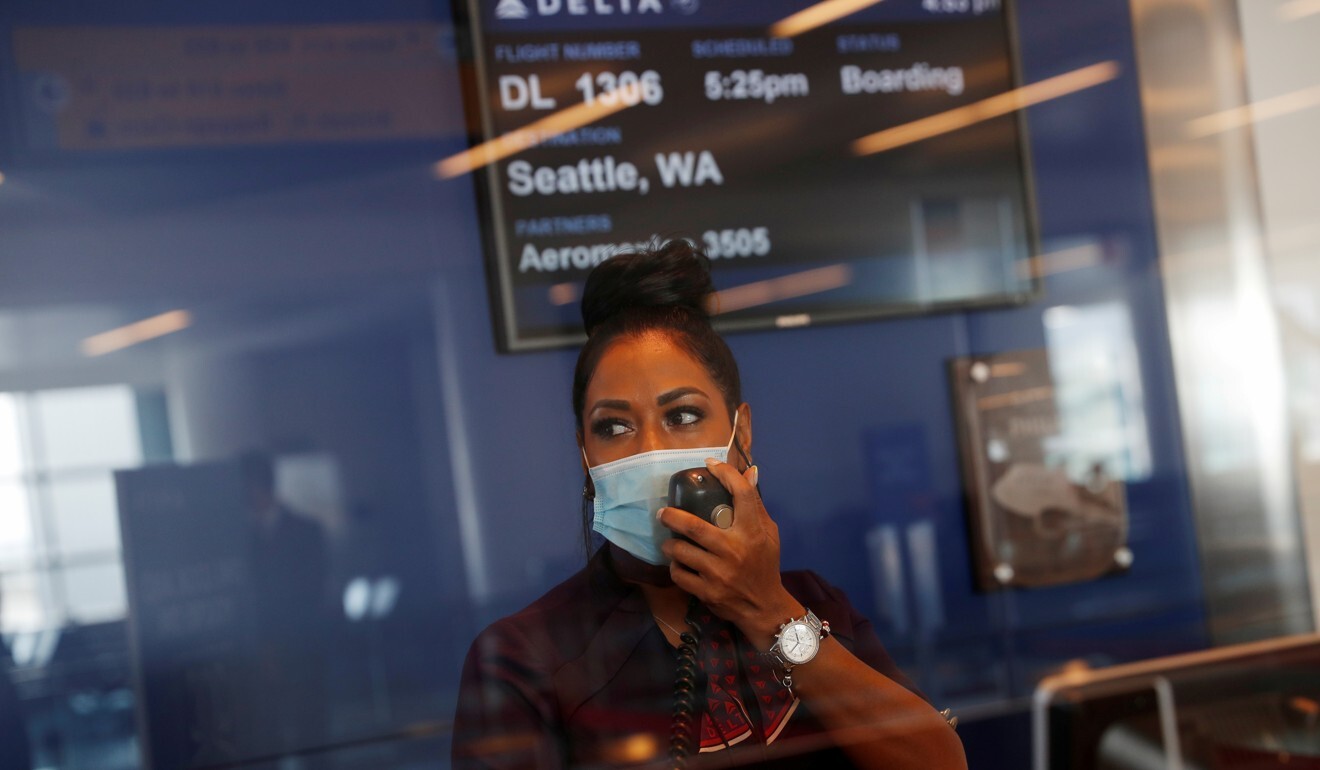
Living with coronavirus: global travel cannot restart without common rules to certify those free of Covid-19
- Globally accepted norms must be developed before cross-border travel bubbles can be set up, specifying what tests are acceptable at which labs
- The initial chaos caused by Hong Kong’s new travel rules highlights the need for such a digital health code
American and Hong Kong colleagues trying to get back to the city were anxious and confused by the new government travel requirements.
“How can we get a pre-boarding test within 72 hours in San Francisco?” “But there’s no space on the computerised lab form used in the US to put our passport number as the rules require.” “The US government doesn’t certify laboratories, it’s impossible to get a letter to fulfil the new requirement!”
The situation seemed chaotic. Airport personnel, legally liable to make sure each Hong-Kong-bound traveller met the new requirements, were rejecting passengers based on paperwork technicalities. One group member wrote that only 10 people got cleared on her recent flight from New York’s JFK airport, and more than 30 other passengers got turned away at the boarding counter.

It was heartening to see Hong Kong residents in the US and Hong Kong coming together online to share information to help each other get home, including details about where to get rapid nucleic acid testing in various US cities.
Still, it was clear that there was a communications gap and confusion on the ground among both travellers and airline employees concerning the new rules. Along with others, I relayed this information to the government. The Hong Kong government quickly responded by clarifying the rules and streamlining the required paperwork.
This situation ended positively: the Hong Kong government acted quickly, flexibly and reasonably when notified of the problems on the ground. Meanwhile, all high-risk travellers to Hong Kong continue to be screened to the required health standards, ensuring safety for all of us.
Singapore relaxes travel restrictions for China, Malaysia
But what happened also illustrates an unpleasant reality. Getting cross-border travel up and running again isn’t going to be an easy or fast process in a time of coronavirus. Just as the September 11 attacks changed security procedures at airports around the world, Covid-19 health check requirements are going to have a lasting impact on the way we travel.
One lesson we can take away from this episode with Hong-Kong-bound travellers is that developing common standards is key to moving forward. We won’t be able to resume less restrictive movement across borders until we have globally accepted norms for tests, laboratory reports, government certifications, and even common terms.
A list of requirements and proofs that might seem perfectly reasonable to a health official in Hong Kong – for instance, a government certification affixed with a chop, or the words “nucleic acid” to define a coronavirus test – may well be confusing or even impossible to obtain in another country.
We also need to create a way to streamline passenger processing at airports and border control stations, so that travellers don’t need to bring reams of paperwork to the airport counter, and airline personnel aren’t saddled with making judgments best made by governments and health officials.

The health code we’re talking about here should probably, for clarity’s sake, be called a “digital health declaration”. It would work in a similar way to the pre-clearance immigration declarations that most countries require passengers to submit electronically before boarding.
A digital health code for travel purposes would include information like proof of a negative pre-boarding test result within the last 48 or 72 hours. We can work together with individual governments to determine standards for what tests are acceptable, and to create approved lists of laboratories. A traveller arriving at or departing from an airport or crossing a land border would need only to present their digital pass for clearance.
Digital health declarations are nothing to be afraid of. And they’re going to be essential as we open cross-border travel bubbles like Macau-Guangzhou-Hong Kong, and to other countries.
Bernard Chan is convenor of Hong Kong’s Executive Council

